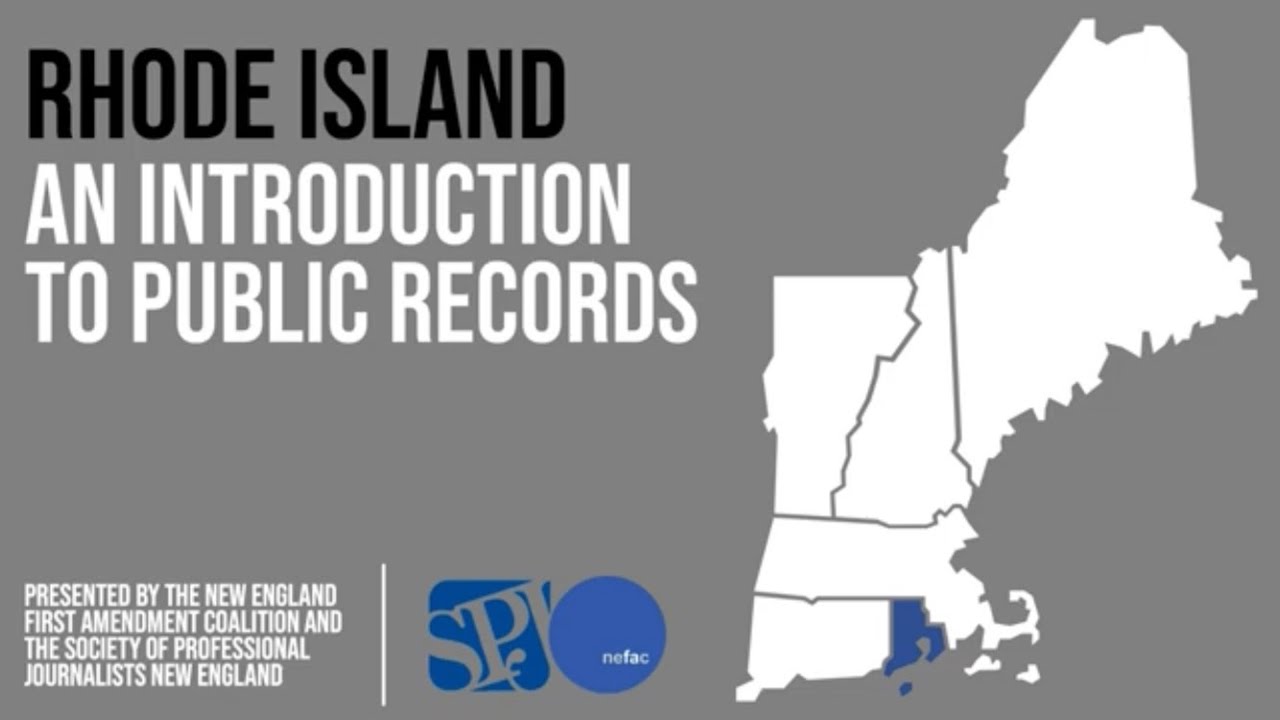Are Wills Public Records in Rhode Island?
Wills, the legal documents that outline a person’s wishes for the distribution of their assets after death, are an essential component of estate planning. However, many individuals wonder whether wills are considered public records in Rhode Island. This article aims to provide a comprehensive understanding of the accessibility and disclosure rules surrounding wills in the state.
Understanding the Accessibility of Wills in Rhode Island
In Rhode Island, the accessibility of wills depends on the state’s policies and regulations regarding public records. While some states consider wills to be public records, Rhode Island takes a more cautious approach, recognizing the importance of privacy and protecting sensitive personal information.
The Legal Status of Wills as Public Records in Rhode Island
Rhode Island does not classify wills as public records by default. Instead, they are considered private documents. This designation ensures that the contents of a will remain confidential and only accessible to specific individuals or entities.
Rhode Island’s Policy on the Public Availability of Wills
Rhode Island’s policy is rooted in the belief that the contents of a will are private matters and should be protected from unnecessary public scrutiny. This policy aligns with the state’s commitment to safeguarding personal privacy and maintaining the confidentiality of sensitive information.
Exploring the Disclosure Rules for Wills in Rhode Island
Although wills are not automatically public records in Rhode Island, there are situations where disclosure may be required. For example, when a will is submitted for probate, it becomes a matter of public record, accessible through the appropriate legal channels. Additionally, interested parties may request access to copies of wills through the probate court.
Factors Influencing the Accessibility of Wills in Rhode Island
The accessibility of wills in Rhode Island is influenced by various factors. The primary factor is whether the will has been presented for probate. If the will has undergone the probate process, it becomes publicly accessible. However, if the will is not submitted for probate, it remains private and inaccessible to the public.
Privacy vs. Public Interest: Rhode Island’s Approach to Wills
Rhode Island’s approach to wills strikes a delicate balance between privacy and public interest. By considering wills as private documents, the state recognizes the importance of protecting the wishes and personal information of the deceased. However, it also acknowledges the need for transparency and the public’s right to access certain legal documents through appropriate legal channels.
How to Access Wills in Rhode Island: A Step-by-Step Guide
To access wills in Rhode Island, interested parties typically need to follow specific steps. Firstly, they must determine whether the will has been submitted for probate. If it has, they can request access to the will from the appropriate probate court. Access may be granted upon demonstrating a legitimate interest or legal standing to obtain the document.
Exceptions to the Public Accessibility of Wills in Rhode Island
While wills presented for probate become public records, certain exceptions exist in Rhode Island. In cases where there is a genuine concern for privacy or safety, the court may limit access to specific parts of the will or redact sensitive information before releasing it to the public.
Protecting Confidentiality: Limitations on Access to Wills in Rhode Island
Rhode Island recognizes the need to protect confidentiality when it comes to the contents of wills. The state imposes limitations on access to wills by requiring interested parties to demonstrate a legitimate interest and legal standing to obtain copies or access the contents. This safeguard helps maintain the privacy and integrity of the deceased individual’s wishes and personal information.
The Role of Probate Courts in Handling Public Records of Wills in Rhode Island
Probate courts play a crucial role in handling public records of wills in Rhode Island. They oversee the probate process and determine the validity of wills presented before them. By doing so, probate courts ensure compliance with the state’s laws and regulations while balancing the need for public accessibility with the privacy concerns inherent in wills.
Future Perspectives: Potential Changes to Rhode Island’s Will Disclosure Laws
As with any legal framework, Rhode Island’s policies regarding will accessibility may evolve over time. Possible changes could include amendments to the requirements for accessing wills, provisions for online accessibility, or adjustments to the redaction rules to strike a better balance between public interest and privacy concerns. Monitoring potential changes in Rhode Island’s will disclosure laws is essential for individuals and entities involved in estate planning and probate matters in the state.





